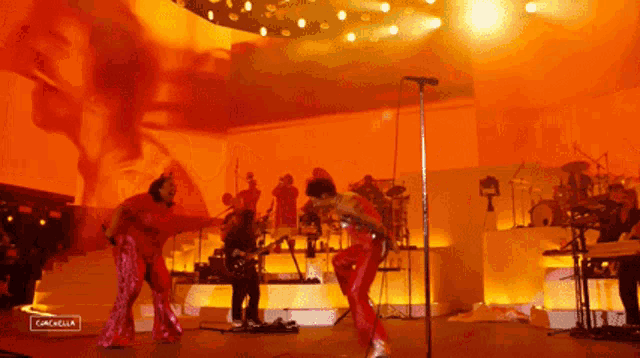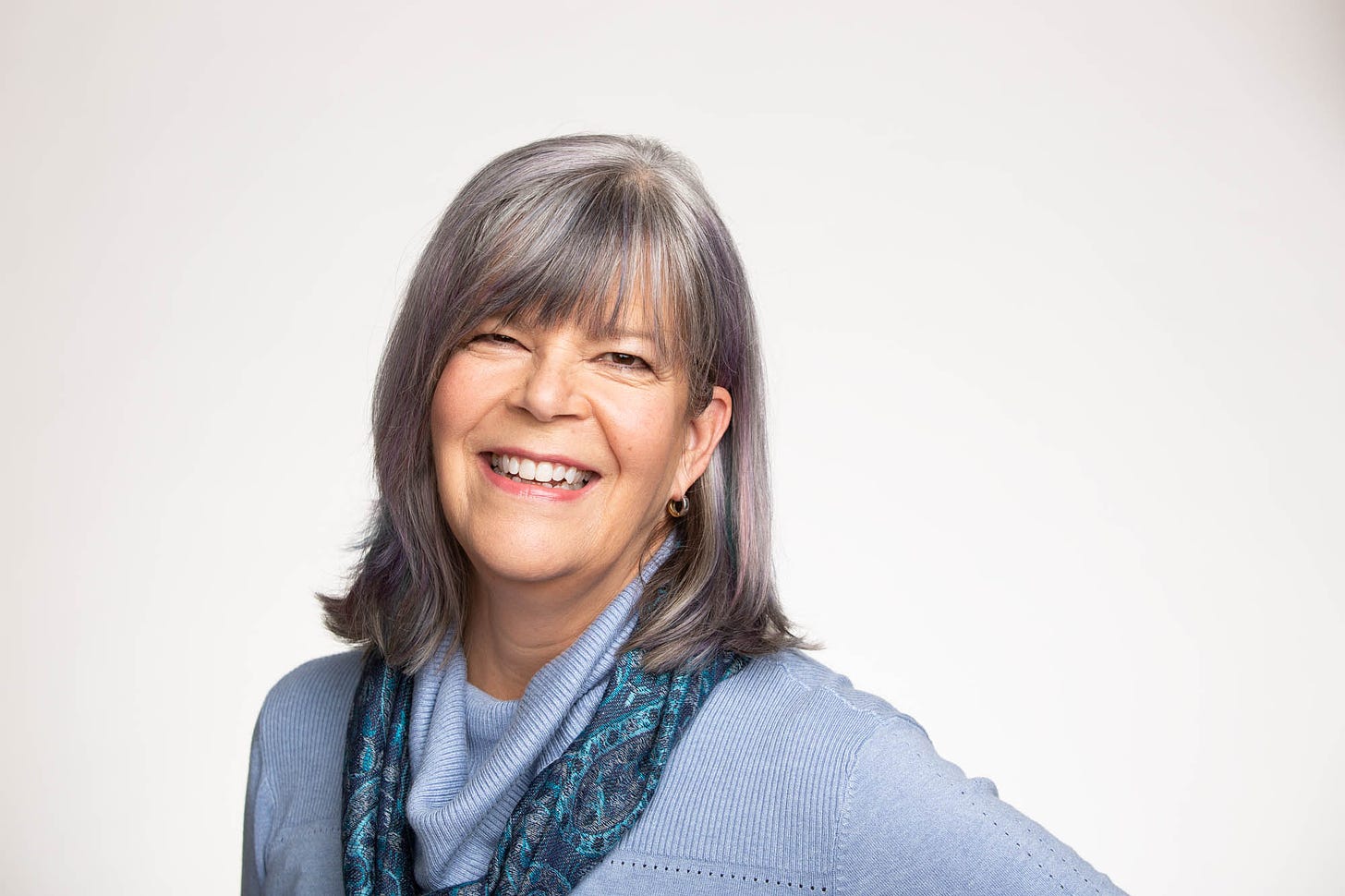"Relinquishing total control of my financial needs to someone else was never going to happen."
+ budgeting for joy
Last week I mentioned that I loved the idea of thinking about money in terms of how much joy will this give me per £? (as suggested by a subscriber) and a couple of days ago a friend sent me this article, which I really loved.

Being able to say yes when the boys ask for a takeaway or a book - or, since we moved to the seaside, a drink outside the pub after we’ve been on the beach - makes me really happy.
This week we’re having a few days away that I budgeted for when we sold the house. There’s been a bunch of extra expenses (thanks to the absolute hopelessness of Avanti trains) but I’ve thought about them in terms of extra time I get to spend with my boys rather than obsessing over the cost and spoiling my own fun, as I would have done in the past.
I appreciate the privilege of this, particularly now, and things are about to get much tighter for me (plus the money I saved for the trip kept my account above the arbitrary threshold that made me feel a little safer, money-wise), but it’s times like this when I can actually see how my money mindset has changed for the better and how valuable doing this work - and writing this newsletter - has been. And continues to be.
I hope it’s helpful for you too.
Paid subscriptions enable me to keep writing these newsletters. If you’re not a paid subscriber already, I’d love it if you’d consider upgrading. (And if you are, thank you, I love you.)
If you would like a paid sub, but can’t swing it right now, email me and I’ll sort it.
If you’d prefer not to subscribe, but would still like to support me/this newsletter, you can buy me a coffee.
An interview with… Karen Wright
Karen Wright is an executive coach, founder and owner of a coaching company, two time author and - most importantly - single mother to two young men who are good, kind, smart, decent humans. She can be found on the East coast of Canada, or in Paris, or adventuring elsewhere in the world.
Why do you think women are often reluctant to talk about money?
In many cases I think it stems from embarrassment - the idea that we "should" know more, behave more "responsibly," etc.
Which is crazy because money conversations usually didn't happen in our families growing up, so where and how would we have learned how to behave with money, let alone how to talk about it?
I think we have some collective high expectations of ourselves around aligning with some societal rules or common beliefs, whereas money and our behaviour with it is so hugely values-based that it's odd we seem to think we should easily into some common model or set of guidelines.
What is your relationship with money currently?
Better than it's ever been, and still needs improvement.
I'm clear that money is a representation of value, not value in and of itself, and that it's a tool that I can have working for me or against me.
I'm also clear that it's an abundant resource - there is always more to be made!!
AND if I use it thoughtlessly or carelessly I'm foregoing future opportunities.
The idea of money as a representation of value is so interesting, but also I'm not sure I entirely understand it… Could you say a bit more about this?
To me it means that money is a reflection of the value I'm creating in the world. So my pursuit is not of money itself, but rather of creating value in the world that is measured by or represented by money.
So I'm not just trying to collect bundles of cash, but rather I'm looking for ways to improve the world, to create value for other people such that they feel it's worth sharing their money with me.
And it can work against me when I get too attached to it. When I attempt to collect money without circulating money the flow stops (for me, anyways).
What’s your earliest money memory?
My mother was sitting at the kitchen table as my father prepared to head out the door to work.
He "paid" her weekly with a cheque from his business, which was her household/grocery budget. On this particular day she reminded him that he needed to give her the weekly cheque, and he ignored her and went out the door.
I was old enough to see what that meant to her - that she now had to figure out how to put dinner on the table without having been given the money she needed. Which in that moment helped me see that relinquishing total control of my financial needs to someone else was never going to happen.
The story about your parents is so poignant. Did they talk to you about money growing up? How did you talk to your boys about money when they were small?
Growing up the conversations about money were vague and inconsistent.
I knew that we lived in a neighbourhood where we did not have the kind of money other people did and it always felt awkward (even as kids we could see that), but it seemed really important to my father that we be there and it was clear that he wanted us to fit in.
He used to say things like he intended to be a millionaire by the time he was 40 (this was the 1970's) - and when he died at 46 I overheard my mother say that the fact that he had not achieved his goal had been devastating to him.
He often told us that when you are contemplating a major purchase you should save twice what it costs so you don't completely deplete your funds when you purchase the thing.
That said, when he did pass away we learned that he had left my mother nothing - he had liquidated some trusts that had been set up for us kids, and had virtually no savings - and as a result my mother had to very quickly do things like sell the house and his business (he owned some retail stores) so when all of that was going on I learned that my mother had much better money sense and business acumen than my father had had.
The irony of my own situation as an adult was that I married a guy who seemed to be the opposite of my father - he came from a wealthy family and was running a very successful business.
We came into our marriage as financial equals, and just a few years after we bought our house he paid off our mortgage. We were sharing day to day expenses but without consolidating our finances (we got married in our 30's and each already had our own accounts and assets) and one day he - out of the blue - announced that he had no money to put into the mortgage account that month (this is the opening story in my Accidental Alpha book).
So I very quickly had to solve for that sudden loss of half of our household income (the boys were about 4 and 6 at the time). He had been attempting to take his business in a new direction and it wasn't working and he had funded it for far too long and gotten himself into deep trouble. He never recovered professionally which was ultimately the cause of our divorce.
The boys were 11 and 13 when we divorced and were both very smart and astute and curious about a lot.
We also had them in private school which meant that many of their friends came from wealthy families and I would often get questions about why we didn't have some of the things their friends had (why don't we have a ski chalet? why don't we have an elevator in our house? or a pool?). So I decided that I would always answer their questions as truthfully as I possibly could and as a result we have had transparent conversations about money for a long time.
I have emphasized that they need to learn how to spend money wisely, that they need to save, that they need to establish good credit, etc. - and I'm proud to say that at 22 and 24 they both have excellent money management and savings habits and I trust their judgment around all things financial. In many respects I think they have better habits and judgment than I do!
What’s the biggest money mistake you’ve made?
I've bought a couple of pieces of real estate that I should have thought through more carefully.
I now know that buying is not always the best option, and I don't need to own something in order to have access to enjoying a particular place or environment.
What’s the best thing you’ve ever spent money on?
Travel and experiences, without question - like spending last month in Paris!
Oh, and I've funded my kids' university educations such that they will both graduate debt-free, which I'm really proud of because it means that they are able to start their adult lives with a clean financial slate.
What would you do with $10,000?
See above!! Go on a trip, for sure. Probably another month in Paris.
Finally, if you could give one piece of advice to women about money, what would it be?
Take ownership of your own financial goals and health and future. Don’t outsource decisions or presume “one day” you'll be taken care of or be sharing resources with someone else.








